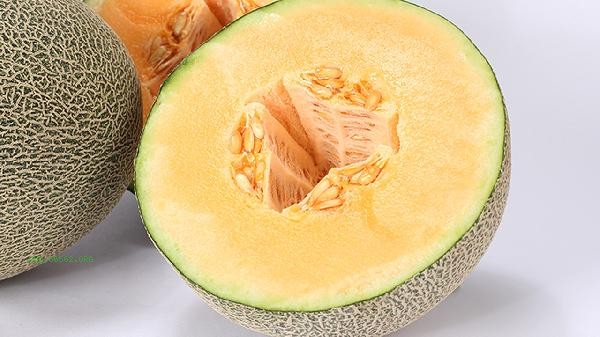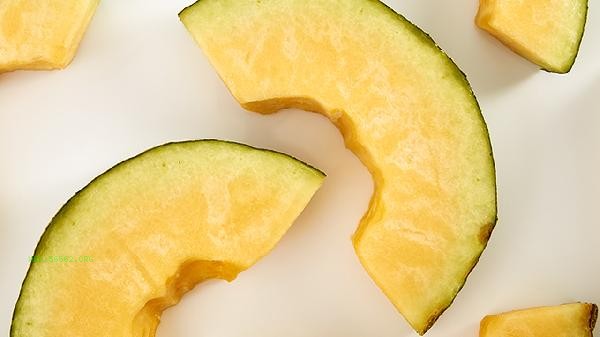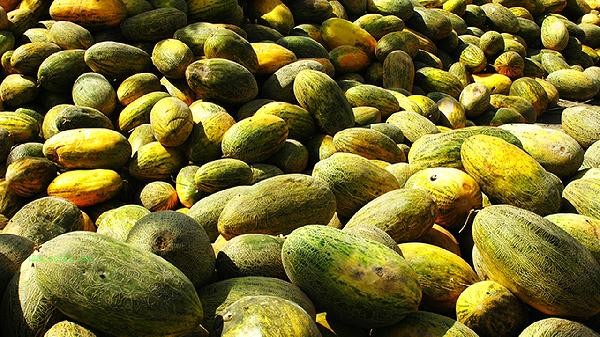If there is no odor or mold on the softened cantaloupe, it is usually edible; It is not recommended to consume if it is accompanied by a sour odor or moldy skin. The softening of cantaloupe may be caused by excessive maturity, improper storage, or microbial growth, and should be judged comprehensively based on appearance and odor. It is normal for the texture of cantaloupe to naturally soften after maturity, especially near the fruit stem. At this point, the flesh remains sweet and juicy, with a uniform color and no abnormal spots on the skin. When cut open, the flesh appears semi transparent and odorless, indicating that the sugar has been fully converted and the taste is denser and sweeter. Honeydew melons stored at room temperature for more than 3 days in summer may soften faster due to respiration, and it is recommended to refrigerate them to delay spoilage. If only the local area is slightly soft and rotten, the spoiled part can be removed and the intact flesh can be consumed. When the whole cantaloupe is soft and rotten, and emits a wine or sour taste, it indicates that it has started to rot and ferment. The appearance of gray green mold spots or water seepage on the skin indicates that mold or bacteria have invaded the flesh. If the flesh color is dark, the texture is eroded, or mucus is produced, there is a risk of microbial proliferation. This type of spoiled cantaloupe may contain harmful substances such as penicillin, which may cause abdominal pain and diarrhea after consumption. Patients with diabetes need to be more cautious, because decayed fruits may produce excessive nitrite. When selecting cantaloupe, gently press both ends, and slight elasticity is a sign of maturity. Wrap the cut with plastic wrap and refrigerate during storage, and consume within 2 days. Before consumption, carefully check the condition of the fruit flesh. Children and those with gastrointestinal allergies are recommended to choose fresh and hard cantaloupe. If nausea occurs due to ingestion of spoiled fruit pulp, drinking diluted salt water can help alleviate it. If discomfort persists, seek medical attention promptly.












Comments (0)
Leave a Comment
No comments yet
Be the first to share your thoughts!